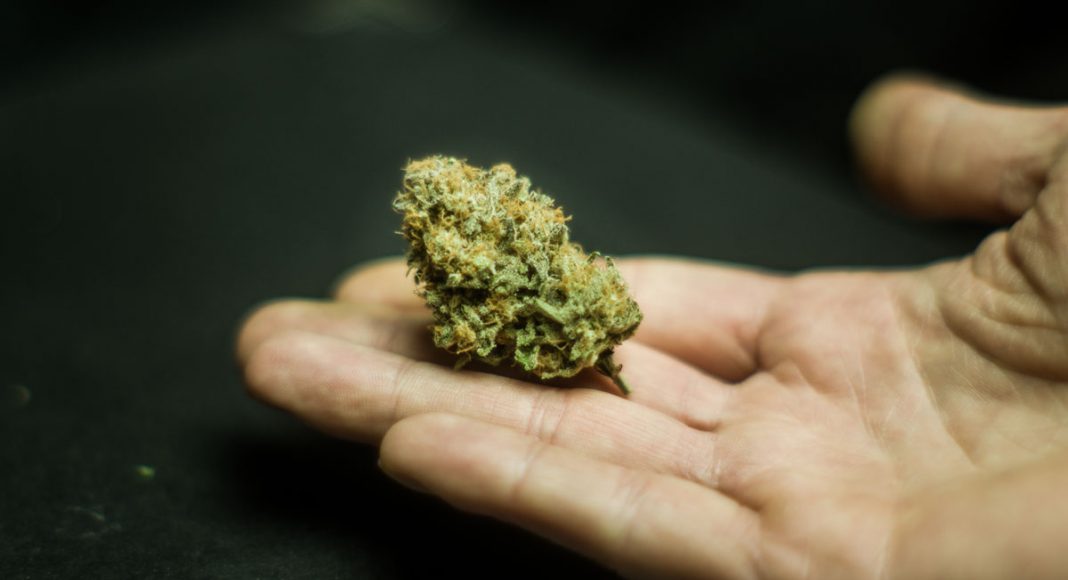Americans like their booze. And, increasingly, they enjoy consuming cannabis. As more states legalize, the moral stigma associated with marijuana is fading, so says a new survey released this week.
According to a Gallup poll, 78 percent of respondents say drinking alcohol is morally acceptable and 65 percent say smoking marijuana is.
For the first time in Gallup’s annual Values and Beliefs survey, attitudes about the “morality of alcohol and marijuana items” were measured. The questionnaire asked Americans about the moral acceptance of 22 different behaviors and practices.
Alcohol and marijuana rank near the top of the list of practices Americans consider morally acceptable. Only birth control, at 91 percent, gets a higher percentage of acceptance than drinking alcohol does. Smoking marijuana trails birth control, drinking alcohol and divorce (76 percent), but is on par with widely accepted acts including gambling, sex between an unmarried man and woman, gay or lesbian relations, stem cell research, and having a baby outside of marriage.
At the bottom of the list are married men and women having an affair, cloning humans, polygamy and suicide. Gallup’s trends on many of these items date back to 2001. On most, Americans have adopted more permissive views over time.
Over the past two decades, Gallup polls have clearly shown a sea change in society’s view regarding cannabis. The 64 percent who last fall said cannabis should be legal nearly matches the 65 percent who say smoking it is morally acceptable.
According to Gallup:
Majorities of key subgroups of Americans regard both drinking alcohol and smoking marijuana as morally acceptable, but highly religious Americans, as measured by the frequency with which they attend church, are less likely to do so. Whereas 88 percent of those who seldom or never attend religious services find drinking alcohol to be morally acceptable, 60 percent of those who attend weekly hold that view. And while three-quarters of non-attenders say smoking marijuana is OK, less than half of regular churchgoers, 41 percent, agree.
Other subgroup differences, including those by gender, age, race and political ideology, appear to reflect differences in church attendance among those groups. For example, nonwhites, women, older Americans and conservatives are more likely to attend church but less likely to say smoking marijuana and drinking alcohol are OK.


